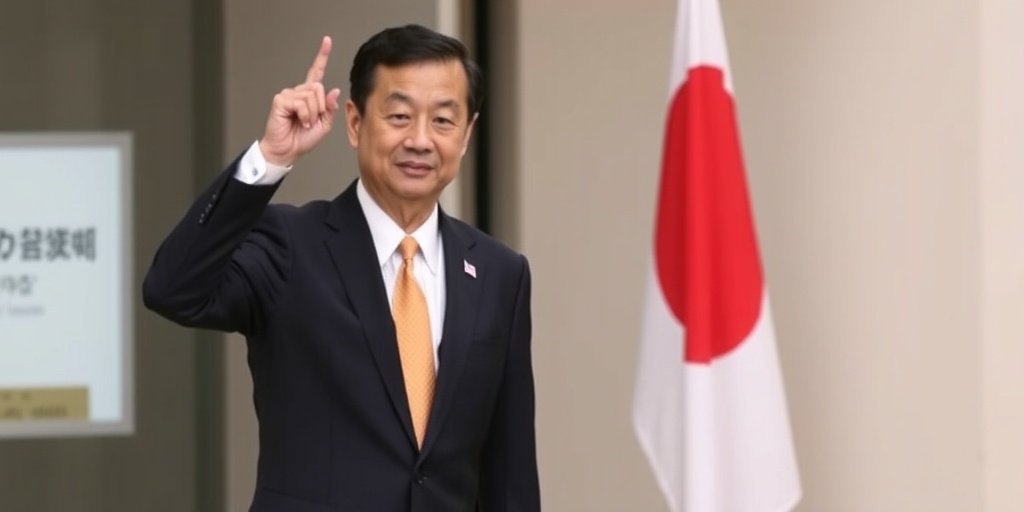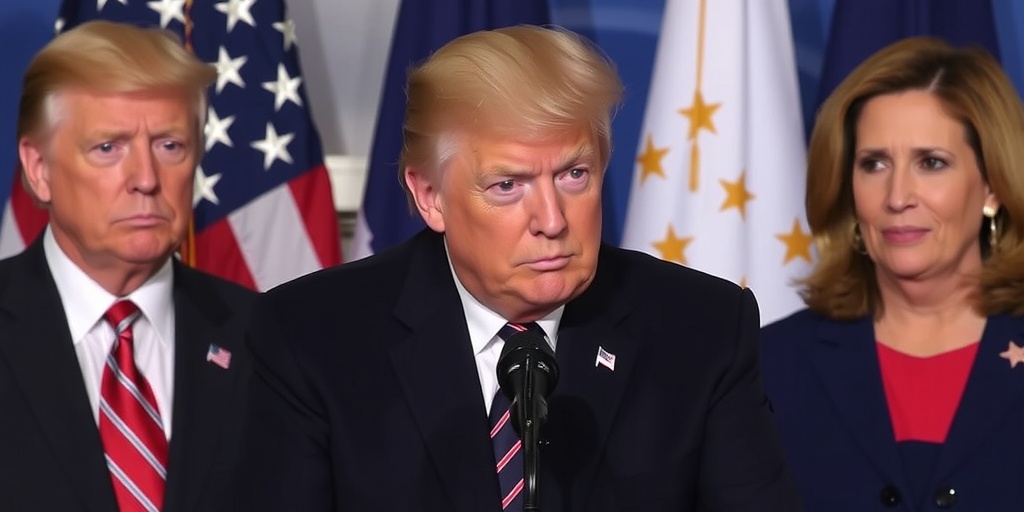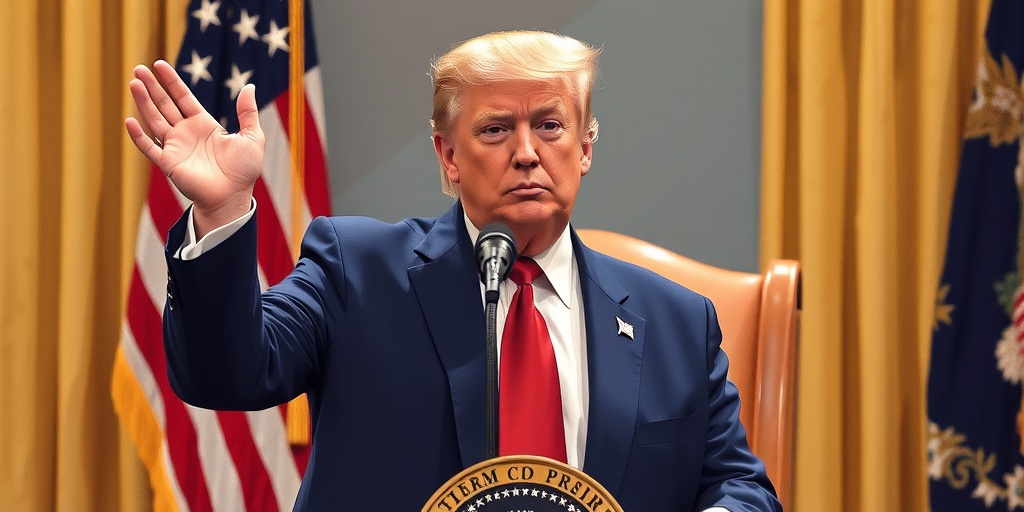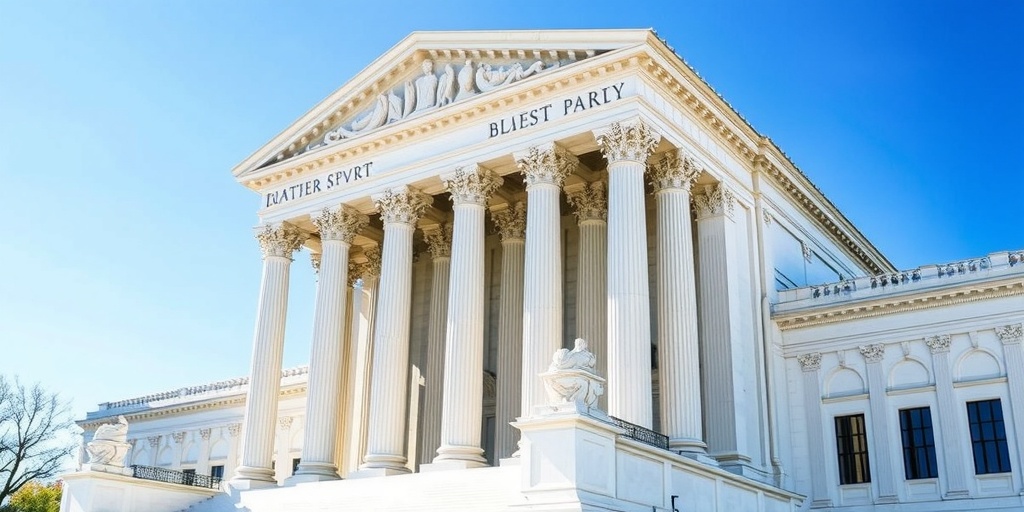Now Reading: Japan’s Trade Minister Visits Washington for Tariff Talks
-
01
Japan’s Trade Minister Visits Washington for Tariff Talks
Japan’s Trade Minister Visits Washington for Tariff Talks
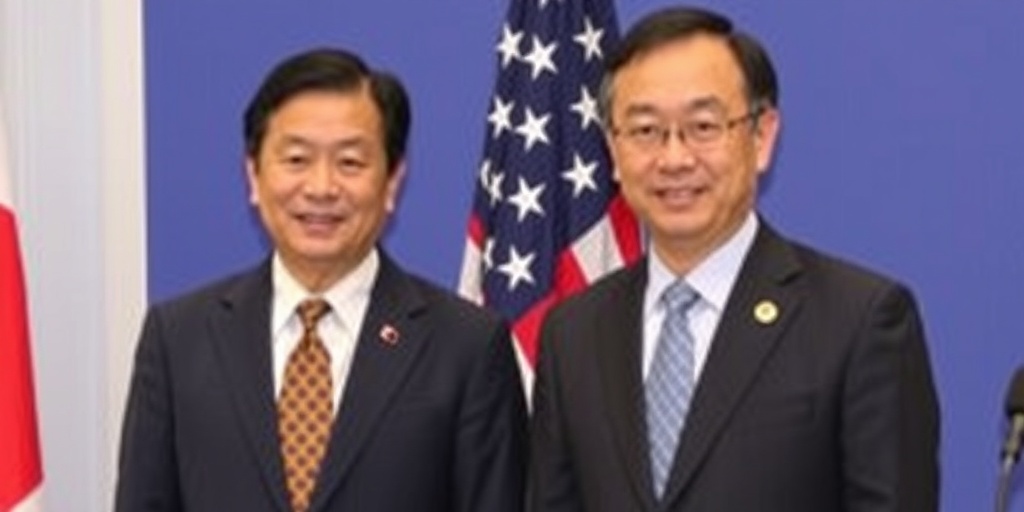
Japanese Officials Engage in Trade Negotiations in Washington Amid Looming U.S. Tariffs
In a significant development for international trade relations, Japanese trade officials are currently in Washington, D.C., to negotiate with the Trump administration. This visit comes in the wake of impending U.S. tariffs that could drastically affect Japanese exports, particularly in the automotive and metals sectors. With tariffs already announced and more potentially on the horizon, the stakes are high for Japan, a nation deeply reliant on exports for its economic stability.
During this crucial week, Japan’s Minister of Economy, Trade, and Industry, Yoji Muto, is scheduled to meet with Commerce Secretary Howard Lutnick. This meeting, seen as a critical step in the negotiation process, is set to take place on Monday, just two days before the U.S. is expected to implement a sweeping 25 percent tariff on all steel and aluminum imports. A source familiar with the planned itinerary, who requested to remain anonymous due to the sensitive nature of these discussions, confirmed the details, which have also been reported by Japan’s national broadcaster, NHK.
One of the central issues on the table for Minister Muto is the request for exemptions from these tariffs. In addition, he is likely to seek concessions regarding a proposed 25 percent tariff on foreign automobiles—an initiative suggested by President Trump that could take effect as early as April 2. Analysts warn that such measures would have a profound impact on Japan’s economy, given that automobiles represent the country’s largest export category and the United States is its most significant trading partner for these goods.
The potential auto tariffs are particularly concerning for Japan and South Korea, both of which are major players in the global automotive industry. Analysts forecast that this policy, if executed, would inflict substantial damage on Japan’s automotive manufacturing sector, which relies heavily on sales to American consumers. In a news conference held prior to his visit, Muto emphasized the need for a "win-win" relationship with the United States, stating that Japan wishes to "continue to build industries together."
The Japanese government is not just focused on immediate negotiations regarding tariffs; it is also considering long-term economic strategies to strengthen ties with the U.S. Japan is contemplating using its plans for a massive investment in an Alaskan natural gas project as leverage in these discussions. This $44 billion venture, known as the Alaska LNG project, aims to produce and export liquefied natural gas from Alaska. In his recent address to Congress, President Trump acknowledged Japan and South Korea’s interest in collaborating with the U.S. on this long-stalled project, indicating a potential avenue for cooperation that could benefit both nations.
Minister Muto’s discussions will undoubtedly cover these multifaceted negotiation points, with the hope of achieving a balance that serves both U.S. economic interests and Japan’s essential export markets. However, the Japanese economy ministry has so far declined to comment on the specifics of Muto’s meetings or their anticipated outcomes, stressing the confidentiality surrounding trade negotiations.
The trade talks unfolding in Washington reflect a larger narrative of economic interdependence in a globalized world, where tariffs and trade policies can have cascading effects across multiple sectors. As negotiations progress, all eyes will be on the developments that emerge from this crucial meeting, which could shape the future of Japan-U.S. trade relations.
With trade tensions continuing to escalate globally, the outcome of these negotiations is not just significant for Japan and the United States, but also for the international community. As economies look to navigate the challenges posed by protectionist measures, the stakes remain high for all parties involved. The coming days will be critical as both nations work to find common ground in a rapidly changing economic landscape that threatens to reshape the future of trade.
In summary, the engagement of Japanese officials with the Trump administration represents a pivotal moment in trade negotiations, with the potential for far-reaching consequences for both the Japanese economy and the broader global market. The outcome of these discussions will be closely monitored, as they may herald the beginning of a new chapter in U.S.-Japan economic relations.
Stay Informed With the Latest & Most Important News
Previous Post
Next Post
-
 01New technology breakthrough has everyone talking right now
01New technology breakthrough has everyone talking right now -
 02Unbelievable life hack everyone needs to try today
02Unbelievable life hack everyone needs to try today -
 03Fascinating discovery found buried deep beneath the ocean
03Fascinating discovery found buried deep beneath the ocean -
 04Man invents genius device that solves everyday problems
04Man invents genius device that solves everyday problems -
 05Shocking discovery that changes what we know forever
05Shocking discovery that changes what we know forever -
 06Internet goes wild over celebrity’s unexpected fashion choice
06Internet goes wild over celebrity’s unexpected fashion choice -
 07Rare animal sighting stuns scientists and wildlife lovers
07Rare animal sighting stuns scientists and wildlife lovers













